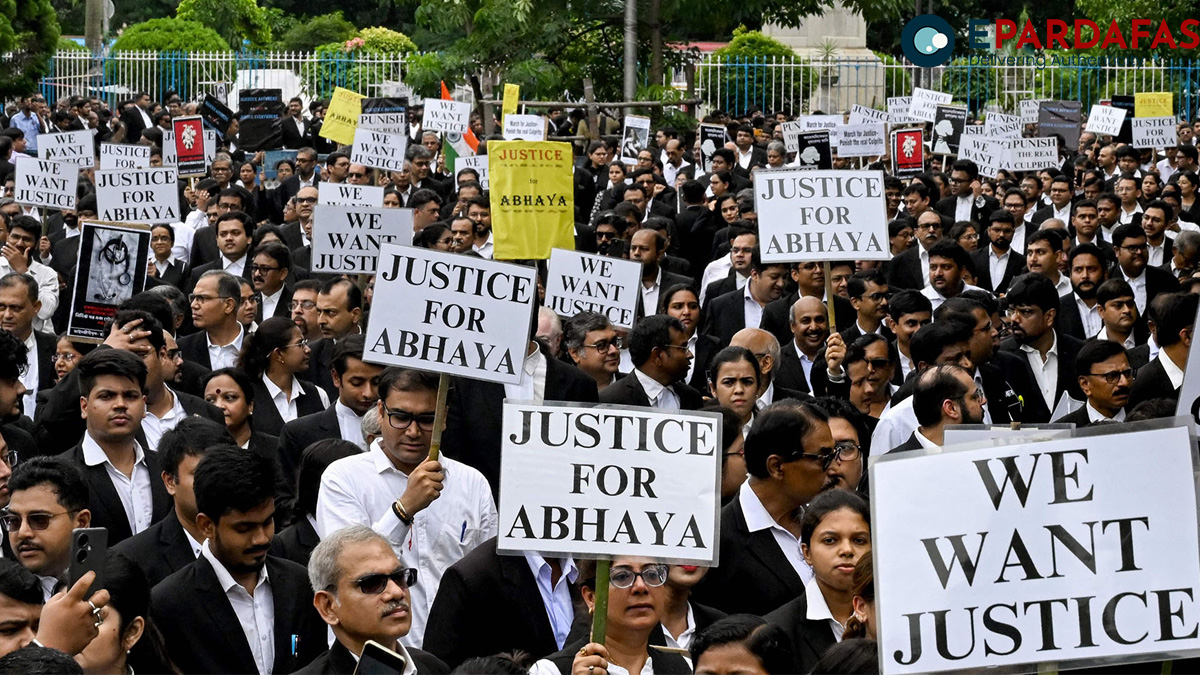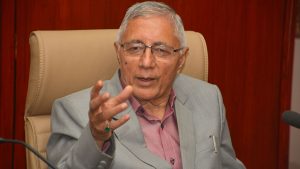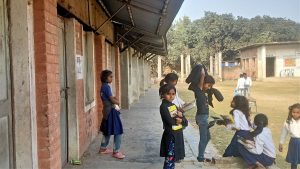India’s Supreme Court on Tuesday ordered the formation of a national task force to address security concerns for healthcare workers after the brutal rape and murder of a 31-year-old doctor sparked widespread protests and medical strikes across the country.
The doctor’s bloodied body was discovered on August 9 at a state-run hospital in Kolkata, igniting nationwide outrage over the persistent issue of violence against women. The incident has led to a series of strikes by doctors’ associations in government-run hospitals, disrupting non-essential services in several cities as protests entered their second week.
On Tuesday, demonstrators marched through Kolkata, holding signs demanding “justice,” while the Supreme Court issued directives from the capital, New Delhi.
“The brutality of the sexual assault and the nature of the crime have shocked the conscience of the nation,” a three-judge bench remarked in its order, describing the details as “horrific.” Chief Justice D.Y. Chandrachud announced the formation of a “national task force” comprising top doctors to devise a plan for preventing violence in healthcare facilities and to develop an “enforceable national protocol” for ensuring safe working conditions.
The court expressed grave concern over the lack of institutional safety measures in medical establishments, noting that medical professionals have become increasingly vulnerable to violence due to insufficient protective systems. “Lack of security personnel in medical care units is more of a norm than an exception,” the order read.
The murdered doctor was found in the seminar hall of the teaching hospital, suggesting she had gone there for a break during her 36-hour-long shift. An autopsy confirmed she had been sexually assaulted. In a petition to the Kolkata High Court, the doctor’s parents expressed their belief that their daughter was gang-raped.
Protests have been led by doctors and healthcare workers but have also attracted tens of thousands of ordinary citizens, all demanding justice and immediate action.
“As more and more women join the workforce in cutting-edge areas of knowledge and science, the nation has a vital stake in ensuring safe and dignified conditions of work,” the court emphasized.
“The nation cannot await a rape or murder for real changes on the ground,” it added, underscoring the urgent need for systemic reforms to protect medical professionals and prevent future tragedies.














Comments